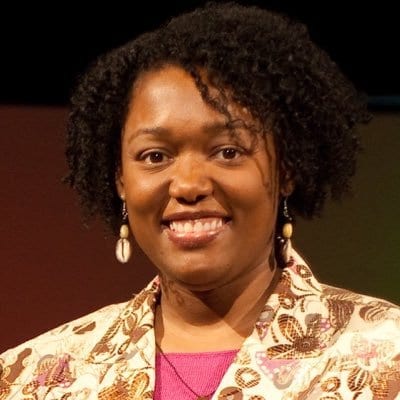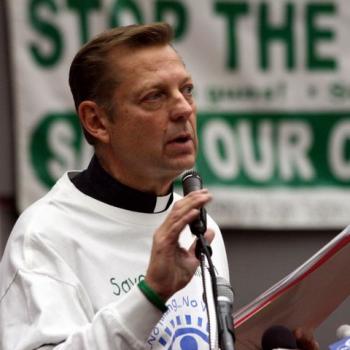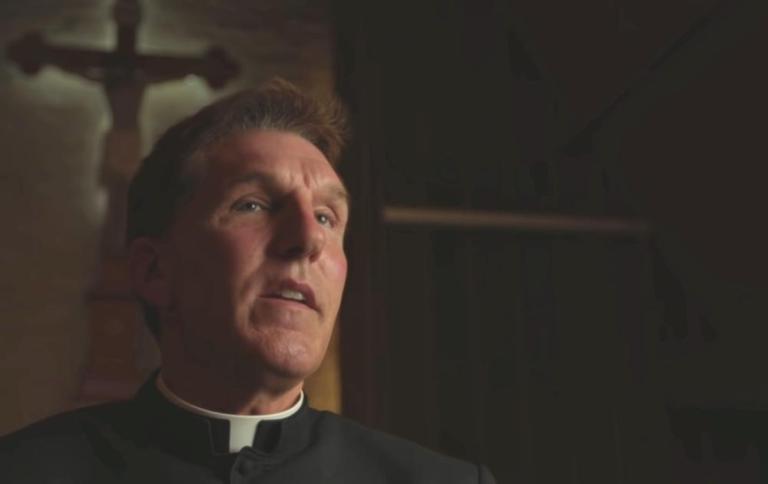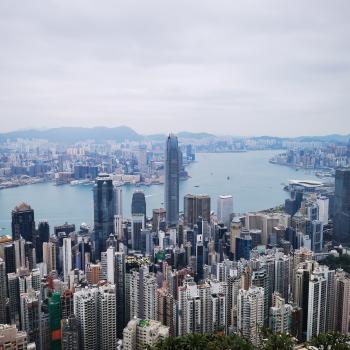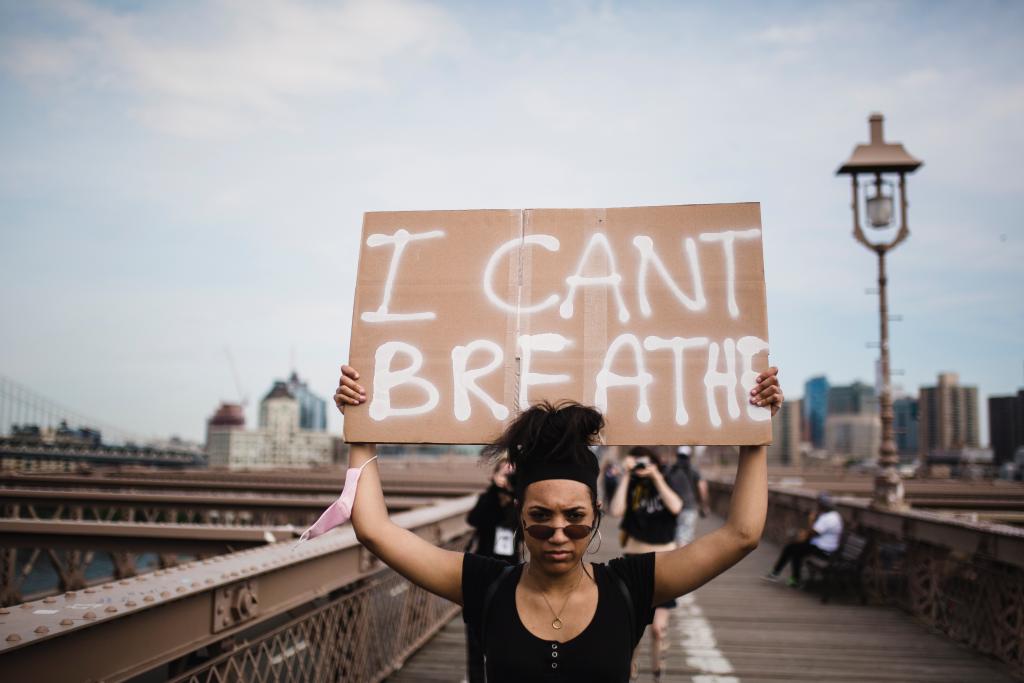
Since late May, I’ve interviewed and spoken with several black Catholic leaders in the course of my reporting on racism and the Church’s response to the systemic bigotry and discrimination experienced by black-and-brown-skinned people in the United States.
The breaking point for many protesters marching in the streets was the horrific video of George Floyd, an unarmed black man, having his neck pinned by the knee of Minneapolis police officer Derek Chauvin, who is white, for nearly nine minutes. Before dying, Floyd, 46, cried out for his momma and repeatedly told the officer – who has since been charged with second-degree murder – “I can’t breathe.”
The video elicited some strong visceral responses from the black Catholic ministry leaders and Church officials I have spoken with in recent months. Here is what they had to say:
M. Shawn Copeland, professor theology emerita at Boston College
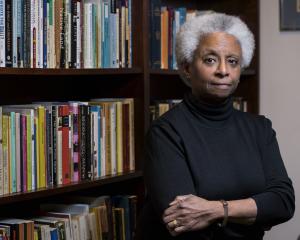
“Shock, disbelief; then, sorrow; then anger, then sorrow then anger …. The murder of George Floyd was a lynching … The indifferent and unnecessary destruction of a human life precious to God.”
Father Bryan Massingale, professor of theology and ethics at Fordham University
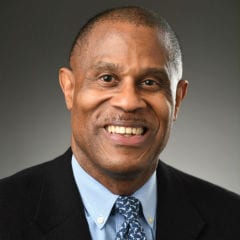
“I was dismayed, disturbed, angered but not surprised. I don’t know of any Black men in this country who have not had unjust interactions with the police, myself included.
“I think what was shocking for many white Americans, ‘Oh my God, this is happening,’ from a Black male perspective, it was like, ‘This has been going on for a long, long time.’
“It was caught on film, and there was a pandemic, there was not a whole lot of else to distract us, but this is not new and it’s not surprising. It points to something which is very disturbing in our country.
“The disturbing thing for me, frankly, is that white Catholics still find this to be shocking. Have you been listening to us? And I think for me as a Black Catholic, I’m more disturbed that white Catholics won’t take my experience and the experience of many others more seriously. It seems like they trivialize it, minimize it, but they don’t take it seriously and see that it points to the fact that there are deep systemic problems in this country that we never had the courage to face or to name.
“Our faith calls us to do justice. This is not something liberal, progressive, Marxist or socialist. This is what it means to be a follower of Christ. That’s the message we have to get across to our people.”
Deacon Mel Tardy, President of the National Black Catholic Clergy Caucus
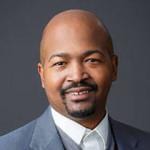
“There was a sense of shock and a feeling of, ‘Here we go again.’ We often want to believe we are beyond such things in today’s day and age, that we’ve advanced as a society. I felt hurt. There’s also an element of fear because you realize that, here’s someone who looks like me, and ‘There but for the grace of God for I.’
“One of the things we think about as Black clergy and religions men, what if we’re stopped or some of our folks are stopped by police, what’s going to happen? How do you respond in that moment? And even if you do everything right, you might still lose your life that day or suffer a serious injury. And nobody is going to believe you unless you have a camera to back you up. And even when there’s a camera, people can still twist the reality of it.”
“Of course, you feel a sadness for not only George Floyd, but for his family, his community. No one lives in isolation. We think about these individuals, but we don’t realize there’s a community there. I fear for my sons as a father. You really feel like something is not right. You don’t know what to do, which is why the Church needs to take a stand. You pray for George Floyd, you pray for his soul, you pray for his family, you pray for our society.
“You also pray for our police. You don’t want to paint all police with the same brush; nobody wants that. But there is something where this happens far too often. We have to speak up, we have to address it.”
Gloria Purvis, host of the EWTN radio show Morning Glory
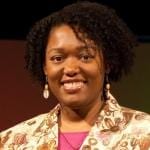
“That nearly broke me to hear a grown man call out like that in desperation,” Purvis told a virtual panel of other black Catholics hosted by Georgetown University on June 5.
Purvis said she remembers thinking, “Stop, in the name of God, stop!” while watching the video. She compared watching Floyd suffer in his final minutes of life to witnessing an abortion in real time, and not being able to stop it.
“I wished I could have just pushed (Chauvin) off,” Purvis said, “And that kind of helplessness, that kind of crippling helplessness, in the face of such a brutal act against another human being has greatly disturbed me and I don’t think I’ll ever forget it.”
“The real issue is that a human being had his life snuffed out by the very state that is paying to protect and serve,” Purvis said. “That’s what black lives matter means. We want to be able to walk and live and breathe and move unencumbered and un-fearful, like everybody else. That’s what we want and that’s what this movement is about.”
Tia Noelle Pratt, PhD, scholar and curator of the #BlackCatholicsSyllabus
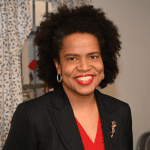
“We have a nearly nine minute-long video tape of this man dying… That has to be compelling. We have to be moved to action behind something as intensive and straightforward as that.”
Father Jeffery M. Ott, O.P., pastor of Our Lady of Lourdes Catholic Church in Atlanta, on the board of directors for the National Black Catholic Clergy Caucus
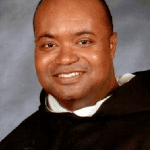
“It still is a horrible, incomprehensible shock to me. It reminded me of the pictures of lynch mobs, the parties, the look of carelessness and nonchalant, and sometimes jubilation, on the faces of white people as black people were lynched, hanged and killed. It was really terrorizing, and really traumatizing for me. After awhile, I could not look at the video any longer. I still can’t look at it.”
Archbishop Wilton Gregory of Washington D.C.
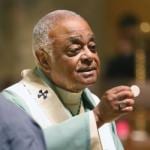
Archbishop Gregory told the Georgetown virtual panel the Floyd video brought back memories from when his parents took him as a boy to the viewing of Emmit Till, a 14-year-old black boy who in 1955 was brutalized, lynched and mutilated in Mississippi for the alleged offense of whistling at a white woman. Till’s parents insisted on an open-casket viewing to shock the world’s conscience.
“I remember as a younger man being overwhelmed by the awful event,” Archbishop Gregory said, “but also it was one of those moments that as a young black person, parents had to give you the talk — how do you perform, how do you respond, how do you behave when you’re in such a precarious situation?”
The archbishop said Floyd is one of several black men – Michael Brown and Armaud Arbery, to name a couple of others – who in recent years have been “assassinated for no other reason than the color of their skin.”
Deacon Harold Burke-Sivers, author, speaker and retreat leader
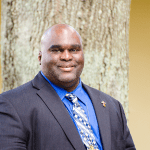
“I was absolutely appalled. I had a 23-year career in public safety and law enforcement. I spent six years on the state board that trained police officers, so I’m very intimately familiar with the training of police officers. No police officer is trained to treat anybody that way. Sometimes you may have to go ‘hands-on’ with a person to keep you safe, them safe and others around them safe… But (Floyd) was already handcuffed. He was on the ground. He wasn’t fighting. Why kneel on his neck? That makes absolutely no sense to me. That definitely was not any police procedure being followed. I was appalled and angered at that.”
Pamela Harris, director of ethnic ministries for Diocese of Columbus, Ohio and president of the National Association of Black Catholic Administrators
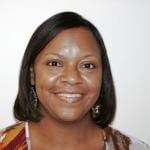
“When Mr. Floyd was on the ground, it was like we all felt the pressure on our necks,” Harris said.
“Think about the amount of time (Floyd) laid there. It’s heartbreaking. For any person of moral and ethical value, it’s heartbreaking. We should not be watching what appears to be a murder.”
Danielle Brown, Associate Director of the USCCB’s Ad-Hoc Committee Against Racism

Brown told me in a phone interview about how the Floyd video speaks to the heightened state of awareness that black people in general need to have in navigating society.
“It’s exhausting,” Brown said. “There’s just this level of discomfit to be a person of color that you’re constantly faced with but you become so used to it that you get conditioned to being on your guard.
“Being a person of color in America, it’s very hard to relax,” Brown added. “Things like this really just take you to the next level.”
Dr. Marcia Chatelain, Georgetown University professor of history and African-American studies
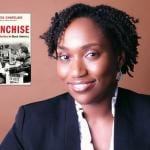
Asked for her thoughts on the Floyd video, Chatelain told the above-mentioned Georgetown panel, “I think about the fact that at any given moment, everyday people, just because they are in the presence of a person of color, may witness someone’s last day of life.”
In the Floyd video, Chatelain said we witnessed the kind of public difference to black lives that allows that kind of death to happen.
“The knee that was on that man’s neck was weighted by all the systems that have sanctioned that behavior, and all the people who depend on that behavior in order to secure their own personal property as well as their status in society,” Chatelain said.
Percy Marchand, associate director of the Knights of Peter Claver
The Floyd video, Marchand said, “represented America’s knee on the neck of black america, with a total lack of regard.”
“He was still a human,” Marchand said while talking about how some white commentators have since tried to talk up Floyd having a criminal record.
“I don’t care if he had just murdered somebody, he’s still a human. He still has the breath of life in him. Particularly as a Catholic who’s pro-life, how do we not understand and value that?
“When you disregard life, you disregard God’s opportunity to come in and minister and be an example and live through people. You literally cut that off,” Marchand added.
Marchand said he was also taken aback at the apparent indifference on Chauvin’s face, and among the other officers who watched the entire incident with no emotion.
“To have no disregard for life to the point where (police) feel so protected and disregard life so much that even with cameras everywhere rolling, they’re still behaving like that? And to have more concern about people respecting your authority than you do regard for someone else’s life?”
Washington Auxiliary Bishop Roy E. Campbell Jr., president of the National Black Catholic Congress
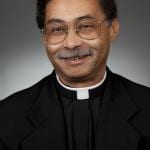
“This man died over a $20 bill,” Bishop Campbell said in noting that the entire police encounter stemmed from an allegation that Floyd had tried to use a counterfeit $20 bill at a nearby store.
“What I saw was they got him on the ground, I saw a policeman kneel on this man’s neck, and I could hear (Floyd) saying, ‘I can’t breathe,’ his hands handcuffed behind him, lying on his stomach….
“I’m thinking, ‘No one needs to be treated like that.’ He was subdued. He was handcuffed. There’s on reason for it… The officer ignored his pleas… If those policemen didn’t think there was something wrong, why did they then call an ambulance? From time they called for an ambulance to when it arrived, the officer did not let up off his neck.”
Said Bishop Campbell, “That was murder, and this happens too frequently to black people and Hispanic people. It happens too frequently.”
“What I saw is a person not looking at another person as a human being… It comes down to seeing the humanity of everyone… That police officer did not see the humanity in the person he was suffocating, and to make it worse, the others around him just stood and watched. The three other officers were complicit in not doing what they should have done in allowing a man to die in front of their eyes.”
Vickie Figueroa, director of Black Catholic Ministry for the Archdiocese of Detroit
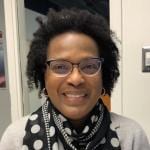
“When I saw the video of the officer kneeling on him, life and air literally drained from my body, for many reasons,” Figueroa said.
“One is George Floyd was just vocalizing his discomfort, ‘I can’t breathe, oh my, oh my…'”
“The reaction of the officer scared me more,” Figueroa said. “Because he was kneeling there with his neck on George’s neck like it was another day in a parade. There was no emotion, no reaction. It’s almost as if he was kneeling on the ground and there wasn’t another human being there.”
“It was just like, ‘How can you be so cold and callous as to just kneel on someone’s neck, especially when you have people around you, people calling out at you to stop?’ But (Chauvin) just ignored them. He didn’t see a human being under him. He didn’t see human beings around him, and that type of disconnect from your fellow man should call all of us to gasp for air.”
“That just awakened something in the pit of my stomach,” Figueroa said. “We’ve had dozens upon dozens of years of racism, racist institutions of which law enforcement can be one sometimes, the criminal justice system can be one sometimes, but we’ve never gotten to the point where our guts were just ripped apart in this manner.”
Darren Davis, political science professor at the University of Notre Dame
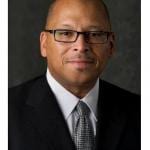
“The video is just heart-wrenching. I’m still in an area of disbelief. It’s kind of like surreal to me,” said Davis, the co-author of a 2011 report, sponsored by Notre Dame and the National Black Catholic Congress, that offered insights into the spiritual needs of black Catholics.
“It reminded me of the conversations [about interacting with the police] that my father would have with me and how I’d brush it off and kind of ignore it,” Davis said. “It saddens me to think about that now.”



